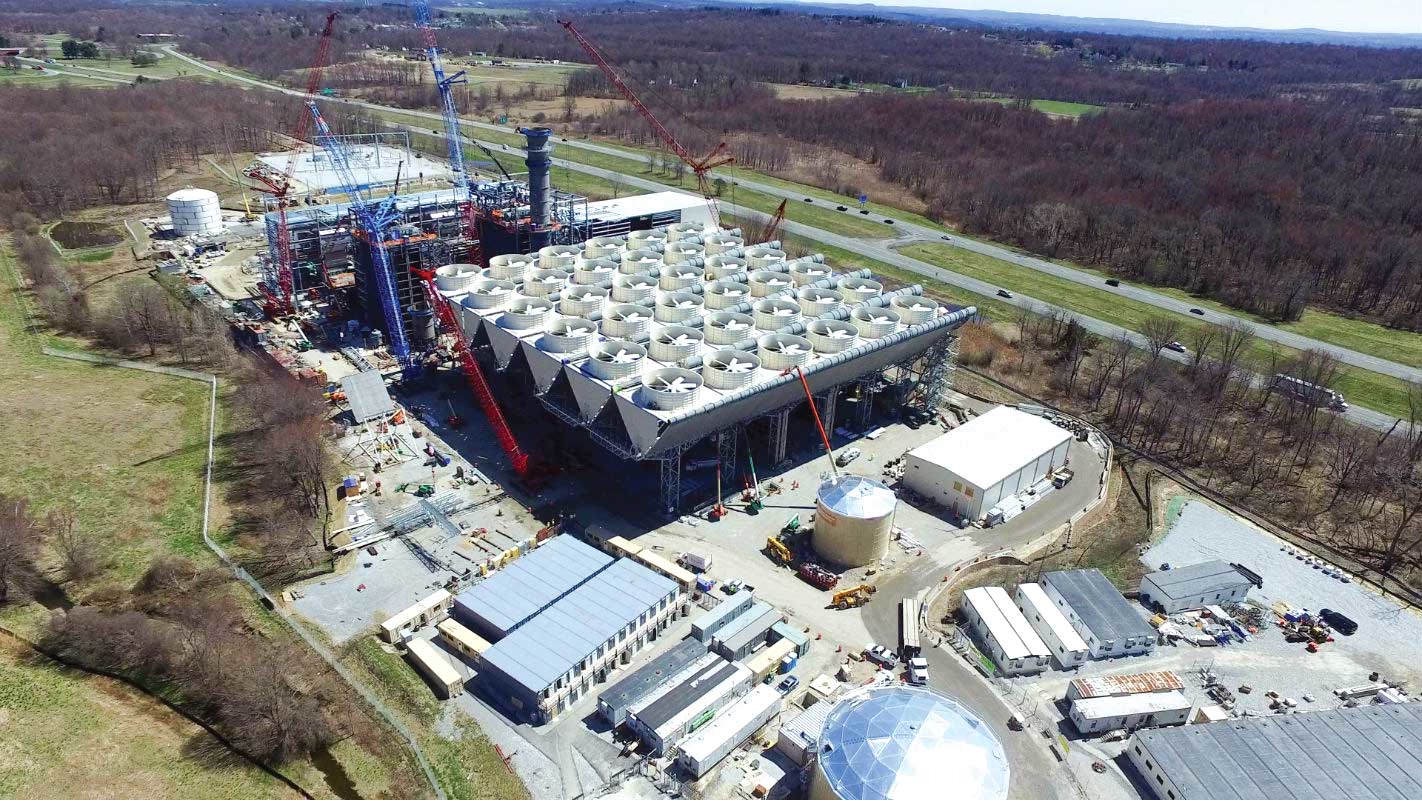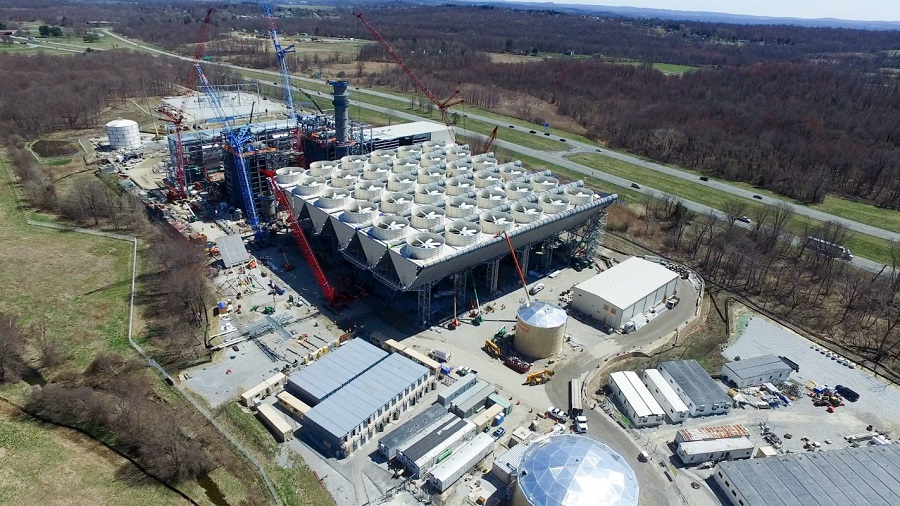December 2017, Vol. 244, No. 12
Features
Millennium’s Appeal Reaps Unexpected Benefits

By Jeff Awalt, Executive Editor
Millennium Pipeline wasn’t trying to change the world, just a 7.8-mile stretch of it. But the company’s determination to gain approval for its Valley Lateral Project led to important legal and regulatory precedents affecting the natural gas pipeline industry.
“We found ourselves in a position of setting precedent but never really wanted to be the ones doing that,” said Millennium’s vice president and general counsel, Georgia Carter. “It’s a pretty simple project. We were just trying to lay a lateral from our main line to a new combined-cycle power plant that is under construction and had all of its permits from the state of New York.”
The Federal Energy Regulatory Commission (FERC) approved Valley Lateral in November 2016 – about a year after Pearl River, NY-based Millennium filed its request for a Clean Water Act (CWA) certification with the state’s Department of Environmental Conservation (DEC). The CWA sets a one-year deadline, so Millennium also expected a DEC decision that month.
“Instead, they sent us a letter saying they interpreted that section of the Clean Water Act as having a deadline that ran from the date they declared the application to be complete,” Carter said. “So, more than a year into this very small project, they wouldn’t even say our application was complete, and their position was that once they decided it was complete, then they still had yet another year to act.”
Under Section 401 of the federal CWA, a state waives its authority to act on a permit application after the one-year deadline. New York’s DEC denied Millennium’s application after the deadline and the company decided to appeal. But that’s where things got murky. At the time, FERC decided on hydroelectric waiver issues but lacked clear authority over pipeline waivers because the Natural Gas Act directs companies to resolve agency delays in court. This had created a dead end for pipeline companies because courts had so far refused to address waiver. But Millennium wasn’t ready to give up.
Despite the odds, Millennium took its case to the D.C. Court of Appeals, which to the surprise of nobody, promptly dismissed it in June on a standing issue: waiver is a benefit to Millennium, so it really didn’t have an injury to address. But then it went beyond previous court opinions by establishing a clear federal authority on CWA waivers:
“The court went on to say that with natural gas pipeline construction, all roads lead to FERC, and FERC is the proper agency to decide waivers under Section 401 of the Clean Water Act,” Carter said. “So, FERC now has a job that maybe it didn’t want, but there is no longer a question of where pipelines should go to decide issues of waiver.”
Another precedent was set in September when FERC ruled that New York’s DEC waived its authority to act on the CWA certification by failing to act within a year on CWA certification for Millennium’s Valley Lateral project. In its declaratory order, FERC directly refuted the DEC’s interpretation and left no room for doubt about the start of a one-year review period for state agencies under Section 401.
“The plain meaning of ‘after receipt of the request’ is the day the agency receives a certification application, as opposed to when the agency considers the application to be complete,” FERC stated in its order, citing agency and federal appeals court precedents for its conclusion “To find otherwise would frustrate the purpose of the one-year review period specified by the CWA and allow state agencies to indefinitely delay proceedings by determining applications to be incomplete.”
The FERC order drew praise from industry leaders, including Don Santa, president and CEO of the Interstate Natural Gas Association of America (INGAA).
“The Commission’s decision establishes that statutory deadlines must have meaning for it to achieve the purpose intended by Congress,” said Santa. “This supports that policy goal by ensuring a reasonable process and timeframe for the review and decision-making associated with permitting interstate natural gas pipelines.”
It wasn’t the outcome that Millennium was hoping for when it decided to appeal, but the company’s top lawyer has no complaints.
“The best result for us in that specific case would have been if the court had acted and itself determined waiver, because that probably would have been the quickest path to approval,” Carter said. “But for the industry, I think it is a very good result.”






Comments